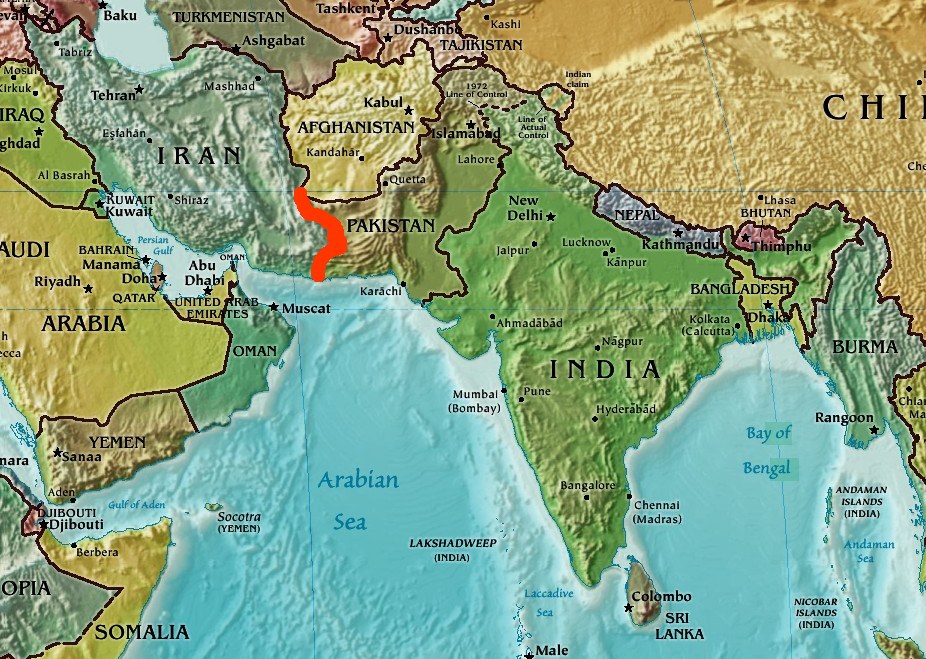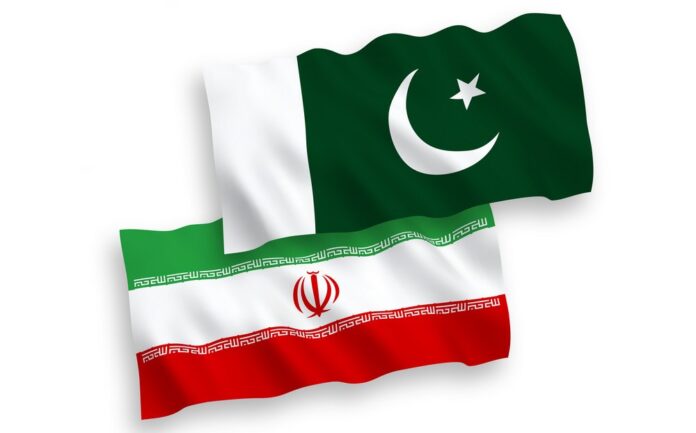Tensions ‘Pak-Iran’
Tensions Rise: Unpacking the Recent ‘Pak-Iran’ Imbroglio
The relationship between Pakistan and Iran, never exactly a walk in the park, has recently plunged into fresh turmoil. On January 16th, 2024, Iran launched airstrikes on Pakistani territory targeting militant bases, leaving casualties and igniting a diplomatic firestorm. This blog delves into the recent “Pak-Iran” imbroglio, exploring its causes, consequences, and potential future trajectories.

Tensions ‘Pak-Iran’
Clashing Interests:
![Map of Pakistan and Iran highlighting the recent airstrike location in Balochistan]
At the heart of the issue lies a complex web of regional rivalries, ethnic tensions, and security concerns. Iran blames Pakistan for harboring Jaish al-Adl, a Sunni militant group responsible for attacks on Iranian border guards. Pakistan, on the other hand, has long accused Iran of supporting separatist movements in its Balochistan province. These simmering tensions boiled over with the Iranian airstrikes, marking a significant escalation in bilateral relations.
Diplomatic Fallout:
Pakistan responded swiftly to the airstrikes, recalling its ambassador from Iran and condemning the “unprovoked violation of its sovereignty.” The incident has triggered widespread outrage in Pakistan, with calls for a strong response against Iran. Meanwhile, Iran has defended its actions, claiming they were necessary to protect its national security.
Uncertain Future:
The immediate future of Pak-Iran relations remains shrouded in uncertainty. The airstrikes have dealt a severe blow to bilateral ties, pushing them to their lowest point in recent years. The risk of further escalation, either through diplomatic sanctions or even military action, cannot be discounted.
Potential Implications:
The “Pak-Iran” imbroglio has far-reaching implications beyond the immediate bilateral relationship. It could destabilize the already volatile region, impacting not only Pakistan and Iran but also neighboring countries. Additionally, it could complicate international efforts to counterterrorism and regional security cooperation.
Looking Ahead:
Navigating this crisis requires a delicate balancing act. Both Pakistan and Iran need to step back from the brink of further escalation and engage in dialogue to address the underlying grievances. International actors can also play a constructive role by encouraging diplomacy and facilitating communication between the two countries.
Key Takeaways:
- The recent Iranian airstrikes on Pakistani territory have significantly strained Pak-Iran relations.
- The airstrikes were motivated by Iran’s security concerns regarding the Jaish al-Adl militant group allegedly operating from Pakistan.
- Pakistan has condemned the airstrikes and recalled its ambassador from Iran.
- The future of Pak-Iran relations remains uncertain, with the risk of further escalation.
- The crisis has wider implications for regional stability and international security cooperation.
Conclusion:
The “Pak-Iran” imbroglio is a complex and evolving situation with no easy solutions. However, by understanding the underlying causes and potential consequences, we can better anticipate future developments and advocate for peaceful resolution through diplomacy and dialogue.
This blog has offered a glimpse into the recent tensions between Pakistan and Iran. As the situation unfolds, it remains crucial to stay informed and engaged in constructive dialogue to promote peace and stability in the region.




Your article helped me a lot, is there any more related content? Thanks!